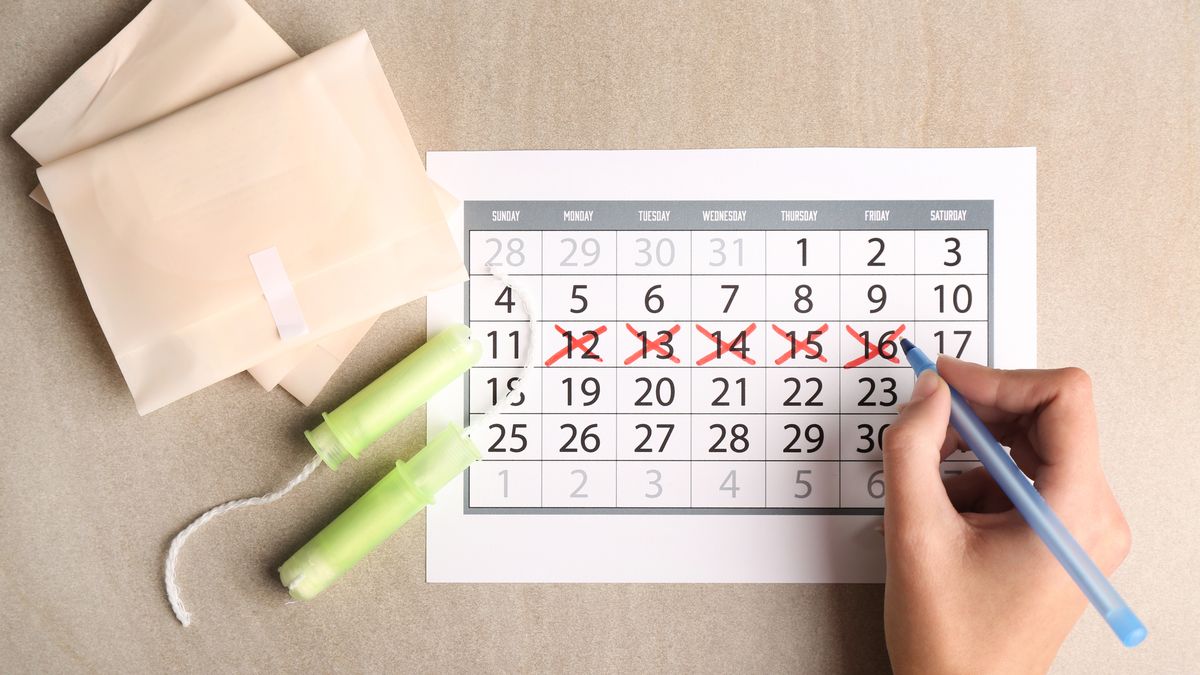The menstrual cycle is a vital sign of a woman’s overall health, and the number of periods she experiences in her lifetime can tell a lot about her body’s story. From the moment a young woman enters puberty with her first period, known as menarche until she reaches menopause, the cessation of menstruation, her body undergoes a complex series of changes. Today we will find out the answer to this interesting question: ‘How many periods does a woman experience in a lifetime?’
Contents
How Many Periods in a Lifetime?

As a woman, understanding your menstrual cycle is essential because you will experience an average of 450 periods throughout your lifetime. That’s right, 450! While this number may vary from woman to woman, it still underscores the importance of being familiar with your own cycle.
Each month, most women between the ages of 13 and 50, who have a uterus, will go through a 37-day window where the lining of the uterus is shed, resulting in a period. Over the course of a lifetime, these periods add up to approximately 450.
Lifestyle factors that may affect the number of periods

When it comes to the number of periods you will experience in your lifetime, there are several lifestyle factors that can have an impact. Understanding these factors can give you a better perspective on what to expect.
1. Weight fluctuations: Significant weight gain or weight loss can disrupt your menstrual cycle. Women who have a low body fat percentage may even experience their periods stopping altogether. Maintaining a healthy weight through balanced nutrition and regular exercise can help regulate your cycles.
2. Stress: High levels of stress can throw off your hormonal balance and affect the regularity of your periods. Finding effective ways to manage stress, such as practicing relaxation techniques or engaging in hobbies you enjoy, can help mitigate the impact on your cycle.
3. Extreme exercise: While exercise is important for overall health, excessive or intense workouts can disrupt your menstrual cycle. This is more commonly seen in athletes or individuals engaging in strenuous training regimens. Balancing your exercise routine and giving yourself adequate rest days can help maintain a regular cycle.
4. Health conditions and medications: Certain health conditions and medications can also affect the regularity of your periods. For example, conditions like thyroid disease or polycystic ovary syndrome (PCOS) can cause irregular cycles. Similarly, certain medications, such as antipsychotics, steroids, and anticoagulants, can also impact your period. If you have any concerns, it’s important to speak with a healthcare professional.
5. Hormonal contraception: Different types of hormonal contraception, such as birth control pills or hormonal IUDs, can disrupt your menstrual cycle. It may take some time for your cycle to return to its regular pattern after you stop using these contraceptives. It’s essential to discuss any changes or concerns with your healthcare provider.
By understanding your menstrual cycle and the factors that can influence it, you can take control of your reproductive health and make informed decisions about your overall well-being. Stay proactive and prioritize your menstrual health for a balanced and fulfilling life.
Frequently Asked Questions
Which age periods will stop?
By around age 51, your periods will stop as your ovaries stop releasing eggs during menopause.
How long do you get your period for in a lifetime?
On average, women have periods for about 40 years. Most women have regular periods until perimenopause, which can take a few years.
What are the positive things about your period?
Your menstrual cycle helps you understand your health, mood, exercise, and sex life so you can make informed choices.
What is the youngest age to go through menopause?
Menopause can occur in a person’s 20s, 30s, or 40s, with premature menopause happening before age 40. Menopause before age 30 is rare.
How many periods does a woman have every year?
In the first year of menstruation, the average person has at least four periods. As an adult, you can expect to have at least nine periods a year.
I am a medical student with experience and interest in Women’s health and well-being.